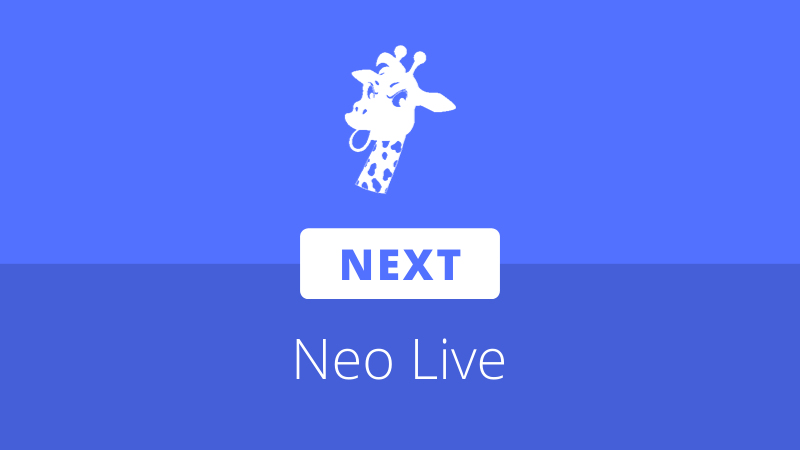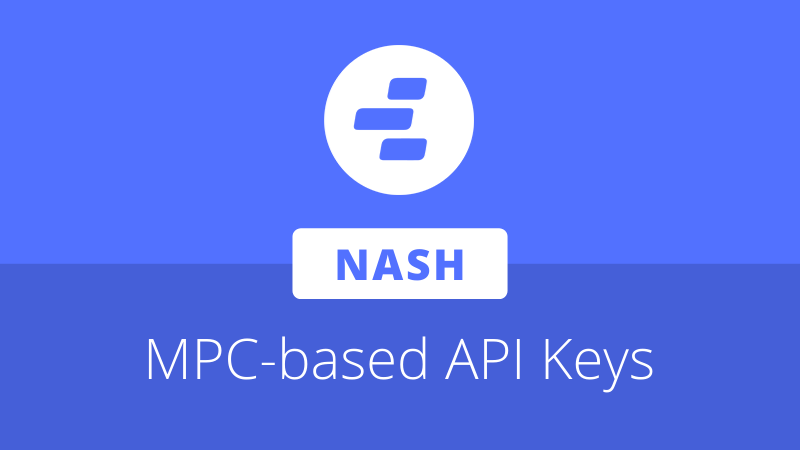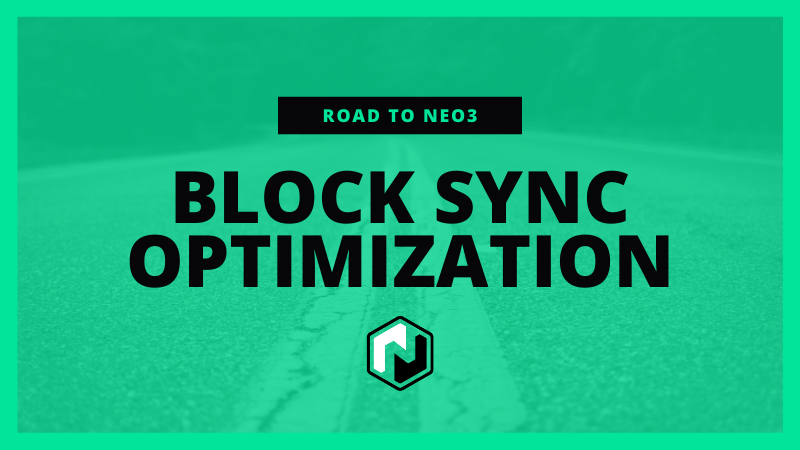
NEXT co-founder, Edison, recently participated in Neo Global Development’s (NGD) Chinese-version of Neo Live. Neo Live is an ask me anything (AMA) style event that aims to showcase projects and partners within the Neo ecosystem.
The NEXT developer community was established in 2017 and spearheads projects such as the NeoLine wallet, NeoTube blockchain explorer, and the Endorsit social platform. The distributed developer community claims to have nearly 100 members from across China, who aim to build supporting infrastructure for the Neo blockchain, conduct research, and create decentralized applications.
Neo Live began with a sharing session from Edison before opening for a Q&A. The sharing session was broken down into four topics: How to choose a cryptocurrency wallet, product selection and operation, how to solve the problem of trust, and how to improve Neo’s ecological participation.
Throughout these topics, Edison outlined some of the issues users face with current cryptocurrency institutions, why he believes NeoLine is a trusted solution, how NeoLine aims to improve the Neo ecosystem, and next steps for the NEXT community.
How to choose a cryptocurrency wallet
Edison began by discussing how users new to the cryptocurrency space choose their first wallet. He pointed out that first-time cryptocurrency users are likely to use a centralized exchange to purchase and manage their first digital assets. These exchanges act as traditional financial services, as they claim to maintain the funds in reserve. Users must trust the organization will not misappropriate their funds, or that the exchange won’t shut down.
“First of all, the centralized wallet is in line with our usual internet account habits. Like most internet applications, it can be accessed as long as it is registered and authenticated and the [learning curve] is very low. Once you learn it, you can forget the password and apply for it back. Therefore, most people who have just entered the circle are very receptive to this. However, the disadvantages are also obvious.”
Decentralized wallets like NeoLine, Edison points out, do not store funds, but instead are tools for transferring and receiving digital assets directly on the blockchain. It puts the management of an asset into the user’s control through a private key.
Edison recognized the learning curve for understanding how to store and move digital assets is high for new investors, so NEXT is committed to creating an easy and intuitive NeoLine user experience.
Product selection and operation
In discussing how to choose a product for asset management, Edison gave various suggestions. The first was to select a wallet that is both well known and has a trustworthy team.
“After all, the first thing to pay attention to when storing assets is systemic risk, and the continuous development and maintenance ability of the project plays a decisive role.”
Secondly, Edison recommended only using applications that are available in major app stores. Many projects, often in the early stages, will distribute software via test platforms, such as TestFlight, or use an Enterprise distribution account intended for companies to distribute bespoke software internally. These methods allow users to download apps without the app first having to go through an app store approval process.
In both these instances, especially on iOS, signatures that enable the applications to run locally have limited lifespans. If the developer is not proactive, the signatures can expire, and the app will cease working on the user’s device, leading to a loss of funds.
Lastly, Edison noted his preference for wallets that use biometrics such as fingerprint or Face ID, noting that it is easier than trying to remember a password.
How to solve the problem of trust
Edison then moved onto his thoughts on how to decide whether to “trust” a wallet. He posited there are only three methods for evaluating safety: For centralized wallets, you have no choice but to trust the team. For decentralized wallets, the project can open-source its code and allow the general public to review. Finally, wallet code can be audited by an authoritative third party to ensure it is secure.
NEXT has adopted a mixture of these approaches for its NeoLine wallet:
“At present, the limitation of open source is that it is impossible to judge for most ordinary users. Secondly, some large wallet products [expose themselves to the risk of being attacked if they open source]. Therefore, the arrangement [for] NeoLine is to open source [the] plug-in version and… to find an authoritative third-party organization to conduct regular security code audits. At present, it is the best scheme we have set, and of course, it will continue to be optimized.”
How to improve Neo’s ecological participation
For the final topic of the sharing session, Edison discussed how NEXT aims to allow more users to participate in the Neo ecosystem. He began by outlining the various functions offered by NeoLine that make it easier for users to understand and utilize the Neo platform’s capabilities.
First, NeoLine aims to make asset management simple. Currently, NeoLine offers a mobile wallet and Chrome browser extension that allows users to transfer NEP-5 assets and conveniently claim GAS. NEXT is also planning to provide support for the NEP-11 non-fungible token (NFT) standard in the future.
Second, Edison noted NEXT is integrating tools such as the NeoTube.io blockchain browser into the NeoLine wallet. NeoTube allows users to search the history of transactions on the Neo blockchain and explore various NEP-5 assets. The addition of more tools for market and data analysis are also in the works.
Third, NEXT intends to make it easy for users to connect to various blockchain-based games and dApps through the NeoLine wallet. Specifically, the team is seeking to build one-click solutions using the dAPI – a NEP standard that allows applications to push transactions to a third-party app to be signed.
“After [support for] the mobile dAPI [is completed], the user [interaction will be more simple] with one click authorization, which avoids many tedious processes of search, download, and registration.”
Fourth, the team is building local infrastructure to support Neo3 development. Further, Edison believes that Neo3 will increase use cases for NEO and GAS. As the network further decentralizes, NEO holders will have more control over the network through methods such as voting and staking. NeoLine intends to support voting and staking functionality in its various products.
Lastly, Edison stated that NEXT intends to support various financial-based services that facilitate asset movement in the Neo ecosystem within the NeoLine wallet. Examples include one-click purchases of assets, token swaps and digital asset exchange, DeFi-based loans and management, and access to decentralized transactions.
Q&A
During the Q&A portion of the Neo Live session, Edison reiterated many of his points regarding the strengths and plans for the NeoLine wallet. In response to a question about the immediate development priorities, Edison responded:
“NeoLine always adds modules around the needs of Neo users. Next, it will support the types of NFT, improved tools and DAPP, as well as the key development of decentralized financial services.”
One participant asked Edison how he came to choose the Neo blockchain as his platform of choice, and why he is confident that Neo will be successful:
“I’m a continuous entrepreneur. I transformed from Internet to technology finance in 2017. In 2017, we decided to do some application exploration on the blockchain. When we were faced with the choice of the underlying network to composite our applications, after studying some basic chains, Neo was the most suitable for us, so we jumped in.
Why am I so confident? At that time, we studied some basic chains, such as ETH / NEO. We agreed that Neo’s design was very suitable for service business and created a precise positioning of [the] intelligent economy. In fact, Libra’s cases also proved this to some extent.”
Finally, Edison was posited a question regarding the morale of people around the community in the face of the current epidemic and economic uncertainty – Asking for him to “cheer us up.”
Edison responded:
“The crisis is the coexistence of danger and opportunity. This financial crisis will indeed affect the development of all industries and the reduction of asset targets. For example, today’s decline is quite severe, but the economy is cyclical. The end of the collapse means the beginning of the next cycle. I firmly believe that the crisis of traditional finance is a huge opportunity for the rise of digital assets.
Soon in the second half (when the global economy is picking up and central banks around the world are desperate to release water) there will be an answer. ‘The Times 03/Jan/2009 Chancellor on brink of second bailout for banks’. BTC, the first blockchain product, was born at the end of the last financial crisis!”
The full transcript can be found at the link below:







About The Author: Dylan Grabowski
Dylan is a reformed urban planner with a passion for covering the Neo ecosystem. His objective as a writer for Neo News Today is to report news in an objective, fact-based, non-sensational manner. When not behind a computer screen, he can be found in the mountains rock climbing. Find Dylan on Twitter (@GrabowskiDylan).
More posts by Dylan Grabowski